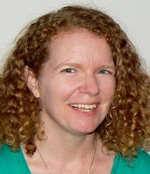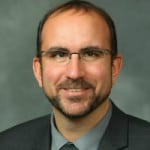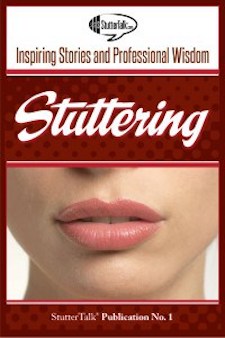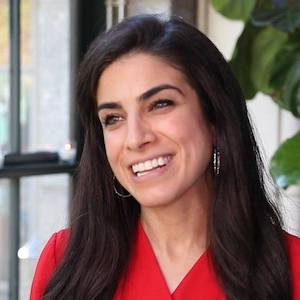13 Aug 2013
Breastfeeding and Protection Against Persistent Stuttering (Ep. 416)
Podcast: Play in new window | Download
Subscribe: Apple Podcasts | Google Podcasts | Stitcher | TuneIn | RSS

Jamie Mahurin Smith, Ph.D., CCC-SLP, joins Peter Reizes to discuss her recently published study with Nicoline G. Ambrose in the Journal of Communication Disorders titled “Breastfeeding may protect against persistent stuttering.” In their study, the researcher’s found that “increased breastfeeding duration reduces the odds that a child’s stuttering will persist.”
JAMIE MAHURIN SMITH, Ph.D., CCC-SLP, is a researcher, speech-language pathologist and Assistant Professor in the Department of Communication Sciences and Disorders at Illinois State University.
Related Links and Research:
- Belfort, M.B., et. al. (2013). Infant feeding and childhood cognition at ages 3 and 7 years: Effects of breastfeeding duration and exclusivity. JAMA Pediatrics, E1-E9.
- Horata, L.B., Bahl, R., Martines, J.C., & Victora, C.G. (2007). Evidence on the Long-Term Effects of Breastfeeding: Systematic Reviews and Meta-Analysis. World Health Organization.
- Horta, B.L. & Victora, C.G. (2013). Long-Term Effects of Breastfeeding: A Systematic Review. World Health Organization.
- Mahurin-Smith, J. & Ambrose, N.G. (in press). Breastfeeding may protect against persistent stuttering. Journal of Communication Disorders.
- Oddy, W.H., Li, J., Robinson, M., & Whitehouse, A.J. (2012). The Long-Term Effects of Breastfeeding on Development, Contemporary Pediatrics, 57-78.
- Whitehouse, A. J. O., M. Robinson, et al. (2011). The effects of breast-feeding duration on language ability to middle childhood. Paediatric and Perinatal Epidemiology 25(1): 44-52.
- Yairi, E., and Ambrose, N. (1999). Early childhood stuttering I: Persistency and recovery rates. Journal of Speech, Language, and Hearing Research, 42, 1097-1112









2 Sep 2013
Preschool Stuttering Treatment: Do You Wait and See When It’s Your Child? (Ep. 419)
Podcast: Play in new window | Download
Subscribe: Apple Podcasts | Google Podcasts | Stitcher | TuneIn | RSS
Ellen M. Kelly, Craig Coleman and Sheena Reilly join Peter Reitzes to discuss a current study on preschool stuttering out of Australia by Reilly and colleagues which has gathered a lot of media attention and has triggered some significant concerns in the field of speech-langauge pathology. The study, in the journal Pediatrics, is titled Natural History of Stuttering to 4 Years of Age: A Prospective Community-Based Study. The controversy or concerns have arisen, in part, because the study promotes a general policy of wait and see with preschoolers who stutter before beginning treatment. Some, including two of today’s guests, express concerns about the specific measures used in the study and the possible “over-interpretation” of the study’s findings. Guests are asked about the study itself, the response from the mainstream media and several critical press releases by the Stuttering Foundation.
Guests are asked about two Stuttering Foundation press releases linked below:
and the media’s response including these stories and headlines:
ELLEN M. KELLY, PhD, CCC-SLP specializes in fluency disorders, is an Associate Professor in the Department of Hearing and Speech Sciences at the Vanderbilt University School of Medicine and a Speech-Language Pathologist at the Bill Wilkerson Center also at Vanderbilt.
CRAIG COLEMAN, MA, CCC-SLP, BRS-FD is an assistant professor at Marshall University and a Board-Recognized Specialist in fluency Disorders. Craig is currently serving his second term as President of the Pennsylvania Speech-Language-Hearing Association and also serves on the Scientific and Professional Education Board of the American Speech-Language-Hearing Association (ASHA). Craig is an adjunct instructor at Indiana University of Pennsylvania and Duquesne University.
SHEENA REILLY is Director of Speech Pathology, RCH and Professor of Speech Pathology, Department of Paediatrics, University of Melbourne. Dr. Reilly holds a National Health and Medical Research (NHMRC) practitioner fellowship and is a Fellow of the Australian Academy of Social Sciences. Sheena is a Fellow of the UK Royal College of Speech and Language Therapists and of Speech Pathology Australia.